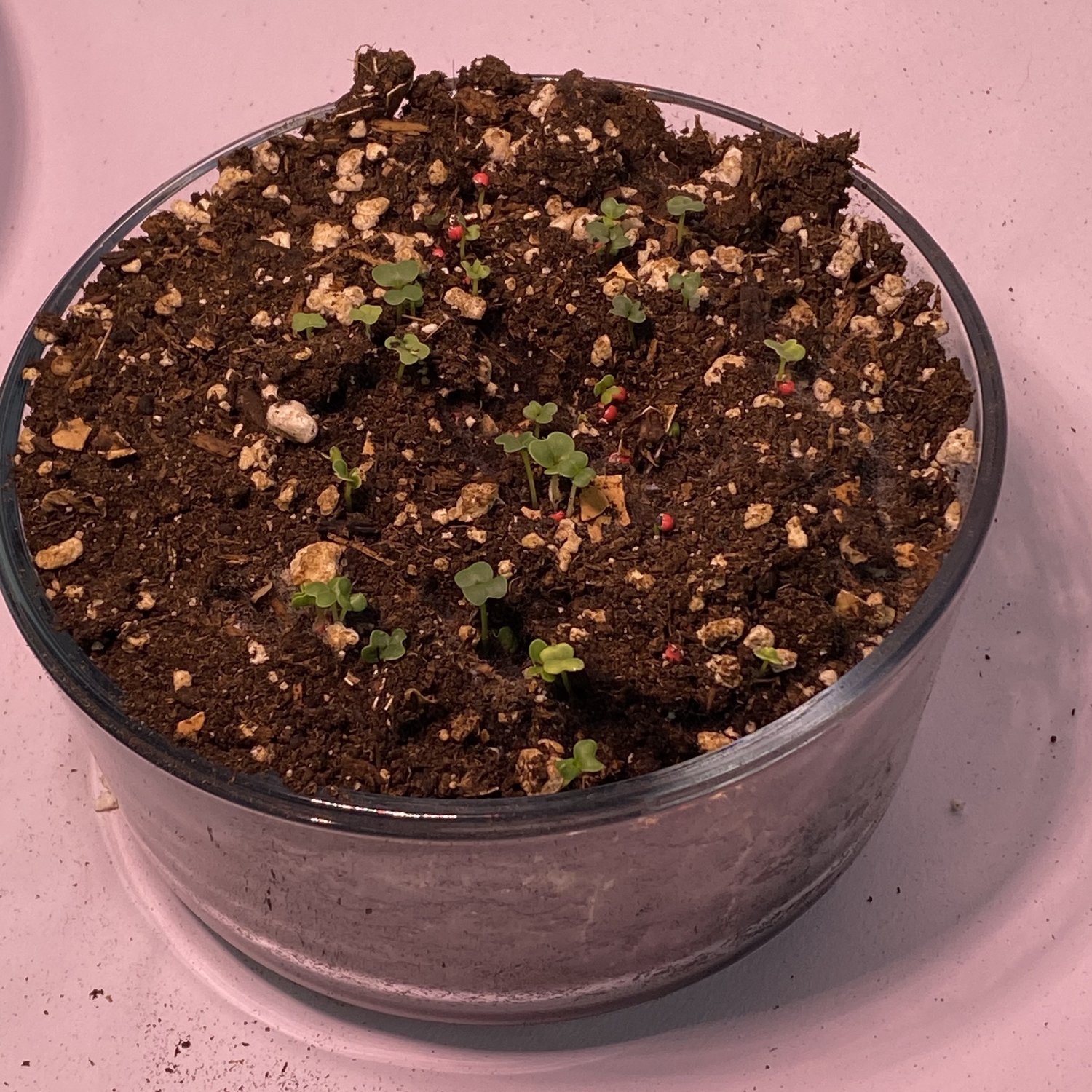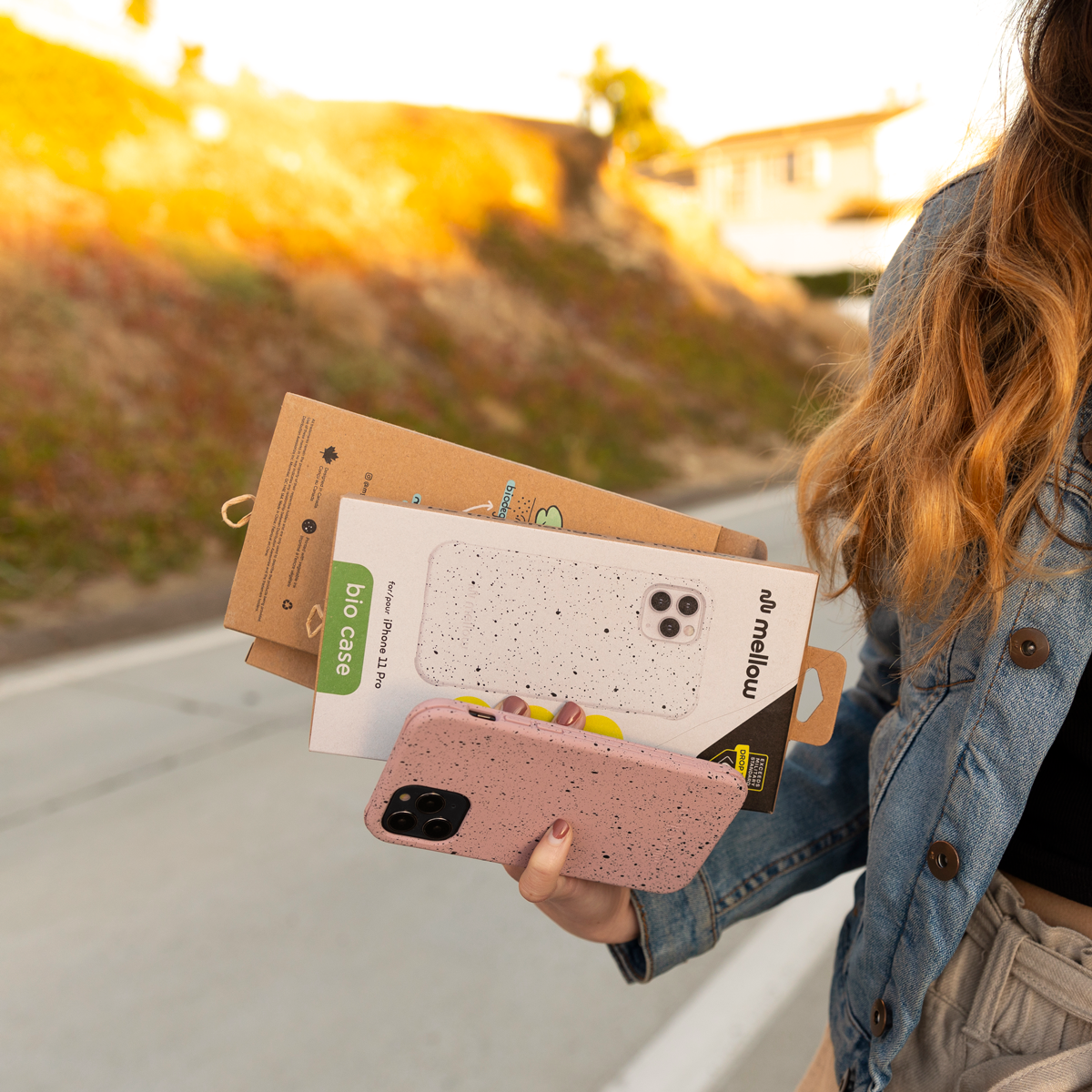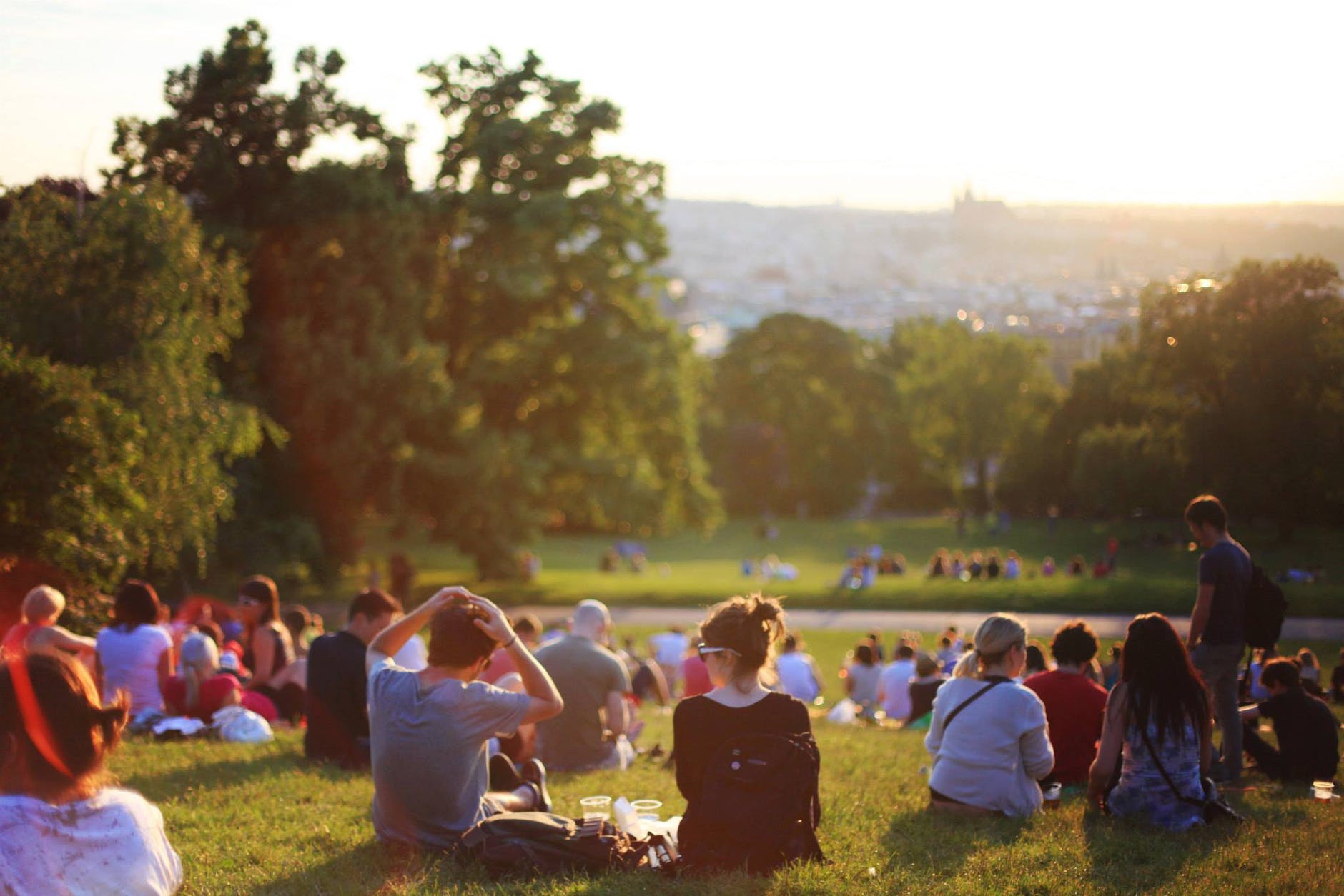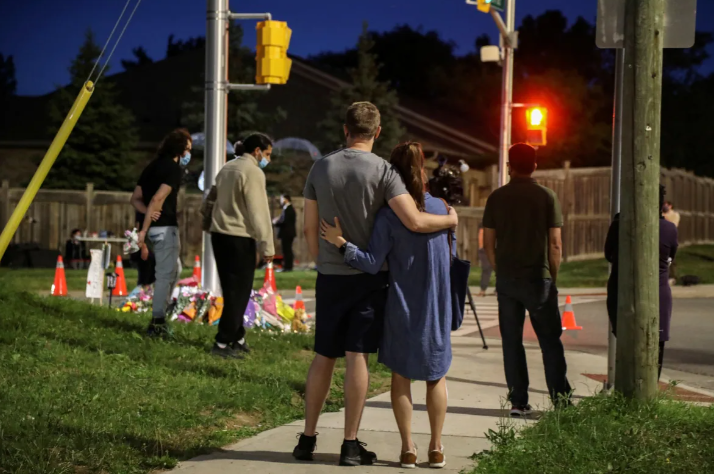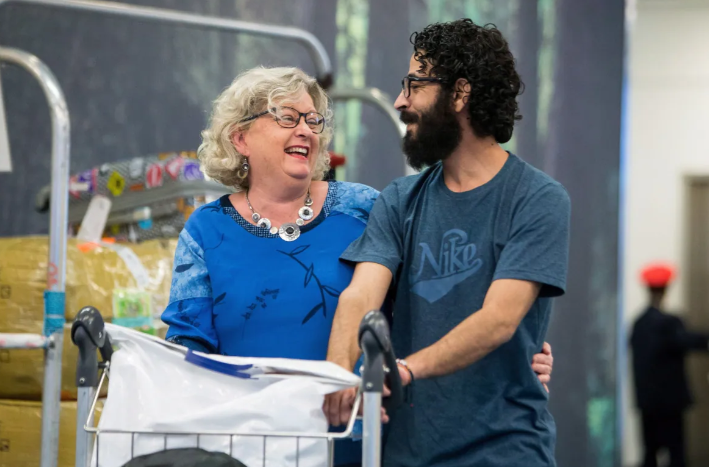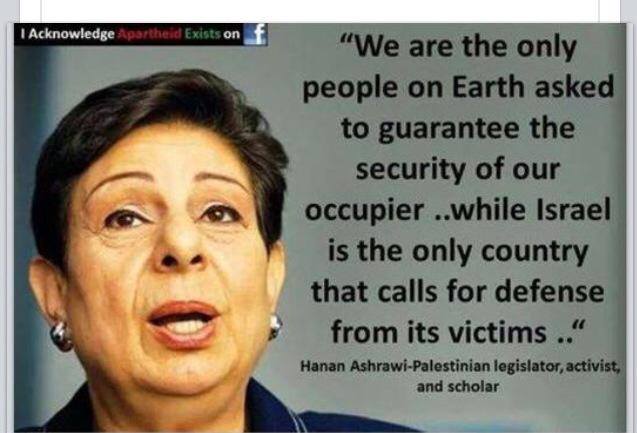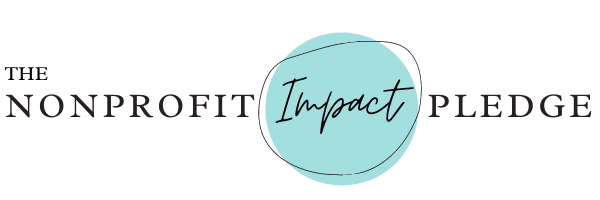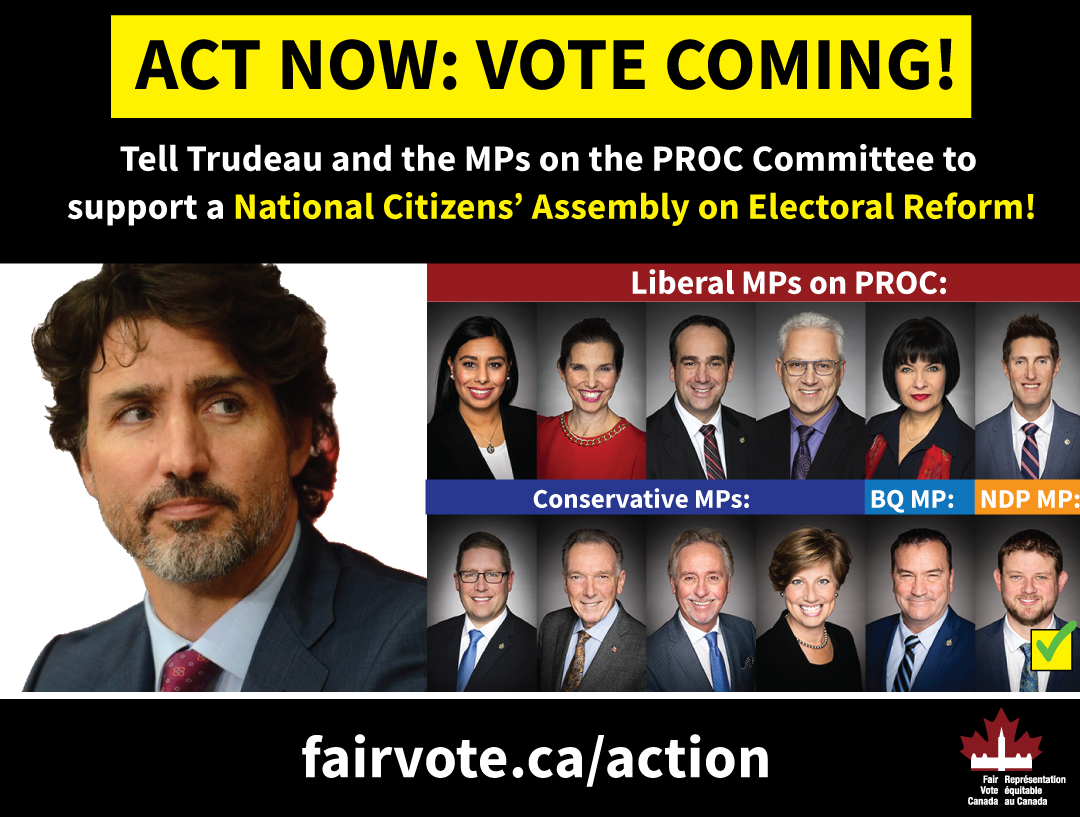Guardian
This is a fascinating (if also slightly depressing) bit of research from the Guardian, with implications that go far beyond luggage design. and well into how we live sustainably – with each other, and with the planet. So, it turns out that wheels on suitcases – as obvious as it seems as a design – was held back, for far too long, because of negative gender stereotypes. Short answer: men are strong enough to carry a suitcase themselves, and women will only ever travel somewhere if there is a man with them (husband or other) to carry their bags for them. Therefore, the theory goes, there is no reason to have wheels on bags, since they would only be used by women who are travelling without a male… Seems that the goal was not to make it easier for women to be independent, and, in fact, the goal seems to have been pretty openly opposite – or at minimum, along with other items, was seen as an unworthy use of time/resources etc.
Two assumptions about gender were at work here. The first was that no man would ever roll a suitcase because it was simply “unmanly” to do so. The second was about the mobility of women. There was nothing preventing a woman from rolling a suitcase – she had no masculinity to prove. But women didn’t travel alone, the industry assumed. If a woman travelled, she would travel with a man who would then carry her bag for her. This is why the industry couldn’t see any commercial potential in the rolling suitcase. It took more than 15 years for the invention to go mainstream, even after Sadow had patented it.
Guardian
From this starting point, the research goes on to point out countless other ways in which the contributions (and preferences) of men have dominated society – even when it’s detrimental, not just to society as a whole, but directly to the men impacted by their individual choices.
For example, many of us may have heard that EVs were designed long ago, but gas powered vehicles became more common, leading to a long period of dominance for gas over EVs. The part that was new to me, in this research, is that there was a gendered component to this, as well.
The rolling suitcase is far from the only example. When electric cars first emerged in the 1800s they came to be seen as “feminine” simply because they were slower and less dangerous. This held back the size of the electric car market, especially in the US, and contributed to us building a world for petrol-driven cars. When electric starters for petrol-driven cars were developed they were also considered to be something for the ladies. The assumption was that only women were demanding the type of safety measures that meant being able to start your car without having to crank it at risk of injury. Ideas about gender similarly delayed our efforts to meet the technological challenges of producing closed cars because it was seen as “unmanly” to have a roof on your car. (Bold mine)
Guardian
As the author goes on to point out, this tendency in society, to give preference to things which are actually not in our own – collective – best interest, manifests in countless ways. We know that this is our history – and often part of our present. So, know that we know it’s an area where we tend to slip up (fairly catastrophically, at times), the next step is to own our mistakes, admit that we need to do better, and work hard at creating active, positive change.
What might that look like, for different people/circumstances?
- switching to a (partly or fully), plant-based diet
- getting rid of the gas-powered vehicle (as soon as is reasonably possible) and switching to other options
- using legs, bikes and public transit more, and a personal vehicle less
- buying/owning fewer consumer goods and being content with less
- using zero waste products, instead of single use alternatives
- downsizing to a smaller living space
- less overtime at work (when financially possible) and more time with family/friends/community/volunteering etc (NOTE: This is in reference specifically to working unnecessary overtime to maintain an expensive, high end house/lifestyle etc. eg if you could downsize your house/lifestyle etc by 25-50+% and still have plenty of room for everyone, this one might apply to you…)
- flying less, even when pandemic restrictions open up and allow greater opportunities
- Other?
The sustainability of our planet, and how we care for each other, locally and globally, is critical – and far too important to get overtaken with outdated and gendered notions of what good choices look like. We can do better, together. 😃
……………………………
Looking for sustainable, plant-based or zero-waste info or items? Check out the MennoAdventures website and online store!
Like this:
Like Loading...




